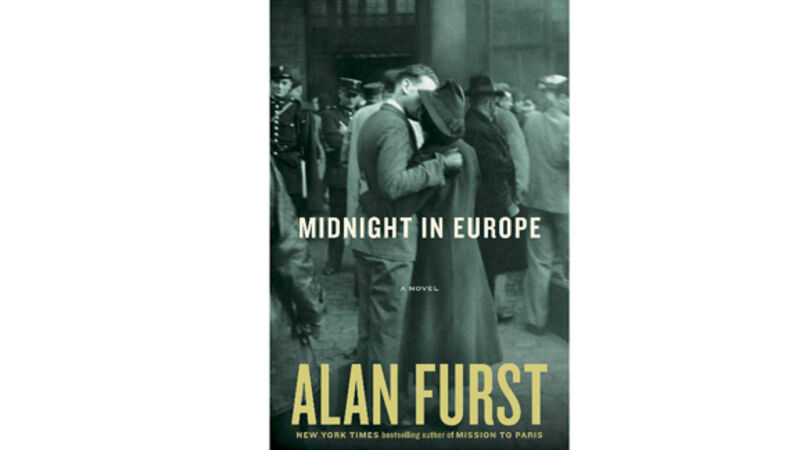Midnight in Europe

ARIS, 1938. A shadow hovers like a death sheet over Europe, as democratic forces engage in continuous struggle against the fascists.
In Spain, meanwhile, the war has already started, something that Paris-based corporate lawyer, Cristian Ferrer — a strikingly handsome, principled andextremely well-connected man, who thinks of himself as Catalan, not Spanish — is only too well aware of.











